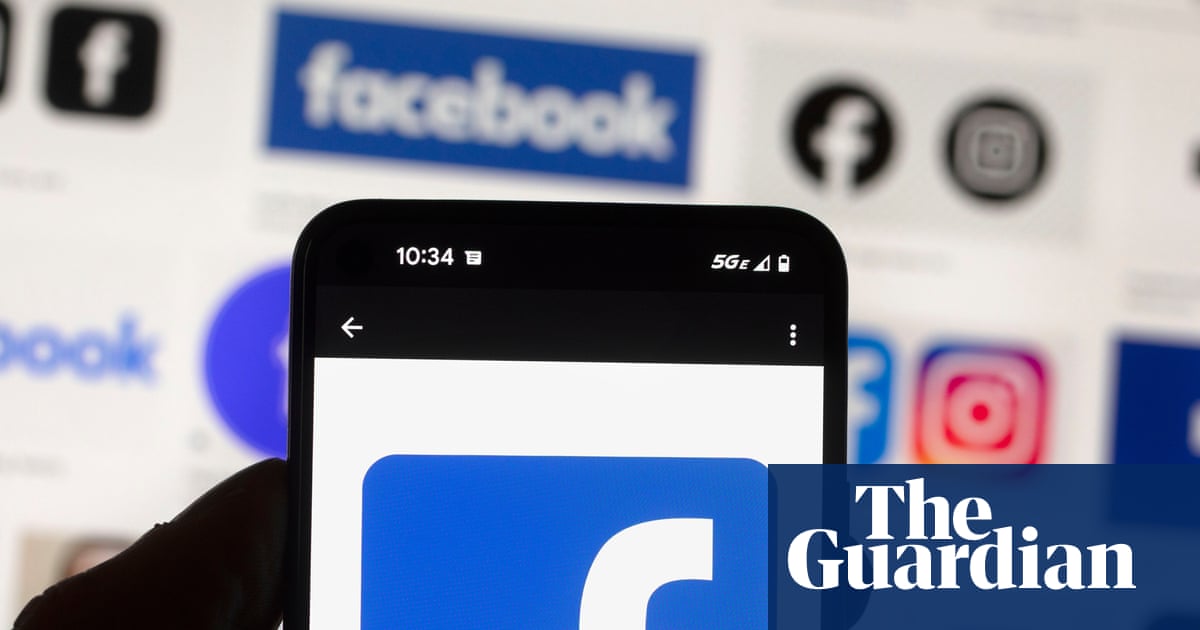Do you need an assistant for your online activities?
Multiple major players in artificial intelligence are moving on from chatbots like ChatGPT and are now focusing their efforts on new browsers with deep AI integrations. Those could take the form of an agent that shops for you or an omnipresent chatbot that follows you around and summarizes what you’re seeing, looks up related stuff, or answers related questions.
Last week alone, OpenAI released the ChatGPT Atlas browser, and Microsoft showed off Edge’s new Copilot Mode, both of which heavily feature chatbots. At the start of October, Perplexity made its Comet browser free. In mid-September, Google rolled out Chrome With Gemini, integrating its AI assistant with the most popular browser in the world.
In the wake of these releases, I phoned the general manager of Firefox, Anthony Enzor-DeMeo, for his thoughts on whether AI-first browsers will catch on, if his own browser will go full AI, and whether users maintain any expectation of privacy in this new era of personalized, agentic browsing.
Guardian: Have you tried ChatGPT Atlas or other AI browsers? I’m curious what you think of them.
Anthony Enzor-DeMeo: Yep, I’ve tried Atlas, Comet, etc. I’ve tried out the competition. What do I think of them?
There’s this interesting question around: what does a user want to see? Today, you’re used to going to Google, doing a search, and seeing all the results. But I think what Atlas is starting to do is give you the answer.
There’s this paradigm shift between an agent giving you an answer versus a user being able to sort through the content they want to see. And so I think it remains to be seen if that is a shift that all users want.
Guardian: Do you want it as a user?
Enzor-DeMeo: I want to know where AI gets its answers from. I like when AI gives references. Perplexity’s Comet does that. I think that’s just good for the internet, frankly.
Guardian: How do you envision the web changing as search is shifting towards chat interfaces and summaries instead of links?
The thing I worry a lot about is: the web is getting expensive. The web is free, right? And it’s largely free today because of ads. And sure, some new sites have subscriptions.
But what happens when content and access to the web starts getting behind subscriptions is something I’m watching very closely. We want a free, open internet. I understand subscriptions are inevitable for AI because it’s largely not profitable today. But I think one of the paradigm shifts that I’m hopeful does not happen is that the internet gets more closed off.
Guardian: Do you foresee Firefox releasing an agentic or AI integrated browser-like Perplexity Comet or Atlas?
Enzor-DeMeo: In terms of Firefox’s strategy, at its core, we’re still focused on being the best browser. And so 200 million people have to choose us. They have to turn away from the default to choose us. And so we’re paying very close attention to what our users want to see.
We are slowly launching AI features, but our users have choice. They can turn it off. That’s one big difference. And then two, on our side panel, we’re not boxing users into any specific type of AI, right? If you download Atlas, you’re using ChatGPT. But on our sidebar, you can use Copilot, Gemini, or Perplexity. You can use all of them.
We will be doing more in AI, to answer your question directly.
In terms of fighting against the grain, so to speak, we’re not saying you have to use this. You don’t even need to use the side panel if you don’t want to. Users don’t have to have that turned on.
Where we stand is that we’re not incentivized to promote one AI solution over the other. All the other players are not really incentivized to promote any other AI solution than their own.
Guardian: In your opinion, do you think AI browsers are showing signs of taking off or remaining like a niche tool?
Enzor-DeMeo: Paid AI is still around 3% globally, so I’m not sure I would say that is quite taking off. I do believe AI is here to stay. But in terms of what is its revenue model, I think what you’re going to see a lot in the next couple of years is a lot of distribution, and a lot of trial and error to find out what works, what people are willing to pay for.
You’re also going to find that to be quite varied based on country and geography. I do think we’re in a shift of the next stage of the internet, but I also think that has yet to be concluded.
Guardian: What AI partnerships is Firefox exploring?
after newsletter promotion
Enzor-DeMeo: We just launched Perplexity, and think of that as very similar to our search partnership deals. We have a default on search with Google, but we also have 50 other search engines. So we gave the users choice.
Guardian: I know the Google partnership is worth quite a lot of money to Firefox. How much is the perplexity partnership worth?
Enzor-DeMeo: I can’t get into the details on that.
Guardian: Firefox has built its reputation partially on the user’s choice with privacy. So how do you balance that with this growing demand for personalization, which requires ever more and more data, and letting AI into your browsing history for AI-assisted browsing?
Enzor-DeMeo: A browser has a lot of context on a user. Companies are building AI browsers because that context on the user can be used in a variety of ways, including for more personalization or more ads. Mozilla is going to do what it’s always done, which is: if you don’t want your data access stored, you don’t have to have it. You don’t have to log in. You can do completely private browsing. If that means by default AI is less personalized, so be it. That’s the user’s choice.
What we will watch closely is how user sentiment and expectations of AI evolve over the coming years.
Guardian: Do users expect less privacy than they used to in favor of personalization?
Enzor-DeMeo: We’ve definitely seen different divides by generational cohorts. With younger generational cohorts, it’s much more about value exchange. If I give you information on me, do I get a more personalized experience?
In an era where a lot of people have apps and social media, that has become somewhat of an expectation. But as you look at different generational cohorts, it kind of changes, right? So millennials might be more focused on choice, and Gen X might be more focused on privacy. What we’ve actually seen with a lot of Gen Z is an emphasis on personalization and choice.
Guardian: What did you make of the decision in the Google monopoly trial?
Enzor-DeMeo: The judge clearly recognized that there was a lot of new competition coming into the market right now. I think he very intentionally did not touch the browser engine market. We were always in favor of search competition, but not at the expense of independent browsers.
The judge rightfully struck that chord of allowing us to still get paid, but also watching the market for the next few years to see what happens.
The convergence of search and AI has yet to be figured out. And thus, I think the monetization structure of search and how it converges with AI is still kind of a question mark. And so I think it’s right to take a more prudent point of view of: let’s see how these things evolve.
Guardian: Firefox’s market share has declined fairly steadily over the past decade, so what do you think a realistic goal for your user base is in the next few years?
Every user has to make a choice of actually wanting to download Firefox and use it. We’re still 200 million strong, and we take pride in that number. I think AI represents kind of a good moment in time for us. We will have a different take, right? We’re not going to box users into one solution. We’re going to let them choose what happens. We’re not incentivized to promote just one AI solution. That represents a pretty good growth opportunity for us.

 2 months ago
63
2 months ago
63

















































